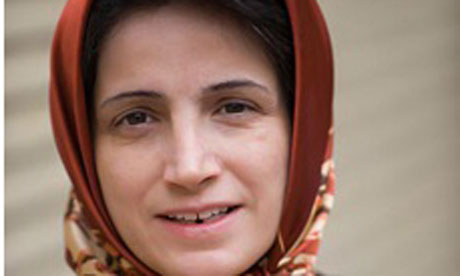By Ali Al-Bassam
Impunity Watch Reporter, Middle East
ANKARA, Turkey — Yesterday, a court in Istanbul ordered the pre-trial detention of nine human rights lawyers. Turkish authorities had charged them under anti-terror laws, claiming that the lawyers were affiliated with the outlawed Revolutionary People’s Liberation Party (RPLP), a banned terrorist organization. The nine were among twelve lawyers arrested, eleven during early morning raids conducted on January 18, and one arrested on January 20.

The RPLP, a pro-Marxist organization, is responsible for many assassinations and bombings since the 1970’s. They have not been as active in recent years. Nearly 70 people accused by the Turkish government for being affiliated with the RPLP were also detained for questioning. Among those targeted in the crackdown, aside from activist lawyers, were journalists and musicians.
Opposition parties expressed their outrage to the arrests, including the Contemporary Lawyers Association (ÇHD), in which all nine lawyers were members of. “Police raids against lawyers at 4 a.m., their arrest and imprisonment are part of a wider clampdown on those who oppose the government,” said Emma Sinclair-Webb, the senior Turkey researcher for Human Rights Watch (HRW).
Mahmut Tanal, the deputy to the main opposition party, Republican People’s Party (CHP), said that he believed the attorneys were detained because of the part they played in advocating for those accused in some of Turkey’s most controversial human rights abuse incidents. “This is an attempt to put lawyers on trial for artificial links with terror organizations. This is intimidation for all lawyers and citizens. Accusations and questions addressed to the lawyers show that there’s no legal protection for citizens in Turkey,” said Tanal.
Hasip Kaplan, a lawmaker for the Peace and Democracy Party, said that charging human rights lawyers under anti-terror laws prevent them from diligently defending people accused under anti-terror laws, or speaking critically of the Turkish government. “The first message given to lawyers is that lawyers defending the suspects of [alleged terrorist] organizations could be put on trial for links with the same organizations. The second message is that their participation in public demonstrations could be considered evidence of being a member of an illegal organization…,” said Kaplan. Kaplan said that the Turkish government’s incentive in charging people under anti-terror laws is to spread fear in society from participating in protests, and, for lawyers especially, to not defend anyone accused under such laws. “Those lawyers were detained just because of their professional activities…,” said Kaplan.
Human Rights groups frequently criticize Turkey for charging activists and journalists under their broad anti-terrorism laws. The charges are often accompanied by prolonged pretrial detention.
For further information, please see:
Committee to Protect Journalists — Several Journalists Jailed in new Turkish Crackdown — 22 January 2013
Human Rights Watch — Turkey: Nine Human Rights Lawyers Imprisoned — 22 January 2013
Turkish Weekly — More Lawyers Arrested in Crackdown on Leftists — 22 January 2013
Hurriyet Daily News — Nine Lawyers Arrested on Alleged Terrorism Links — 21 January 2013
Washington Post — Lawyers Arrested in Turkey for Alleged Links to Leftist Militants — 21 January 2013



